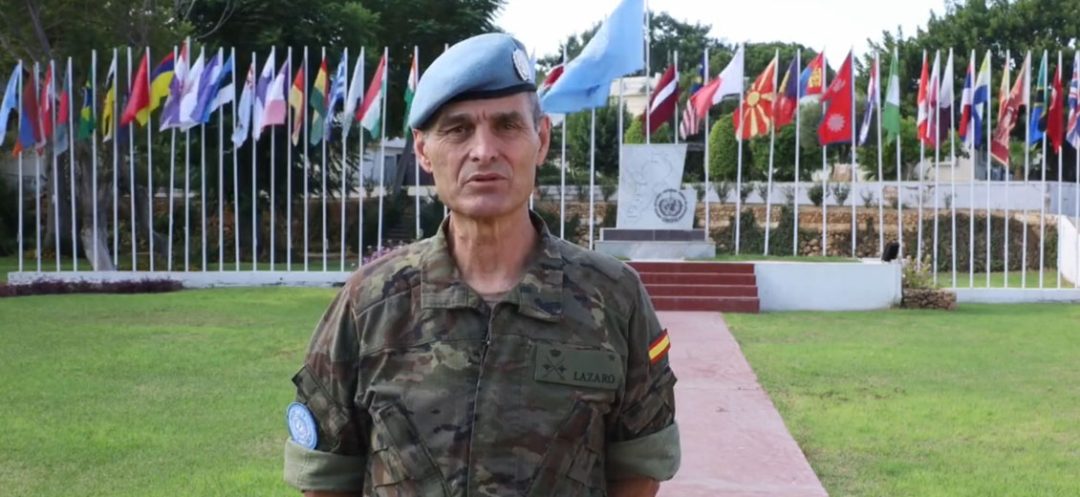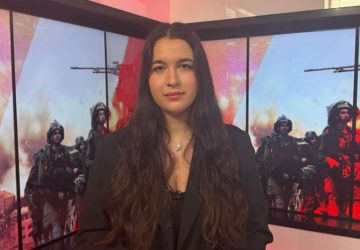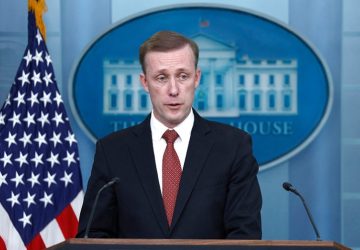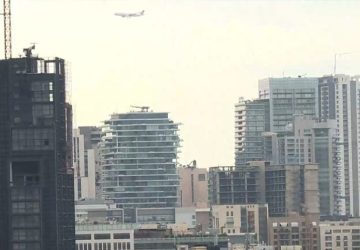The Head of Mission and Force Commander of UNIFIL, Major General Aroldo Lázaro Sáenz, said on Saturday that the risk of a major escalation in southern Lebanon “persists.” At the same time, he stressed that “containing the conflict in the areas close to the Blue Line is a sign that the parties concerned (Hezbollah and Israel) do not want an escalation.” “However, there is always a risk of misjudgment, and UNIFIL strives to avoid any slippage,” said General Lázaro in an interview with “The Voice of Lebanon.”
In light of this, according to the Israeli daily newspaper Yediot Ahronot, US envoy Amos Hochstein is expected to arrive in Lebanon early in the New Year to facilitate an agreement on ending hostilities between Hezbollah and Israel.
On another note, in response to a possible amendment to UN Security Council Resolution 1701, General Lázaro explained that “any change in this resolution would come from the UN Security Council.”
“Until then, UNIFIL will continue to fulfill its duties in a neutral manner under Resolution 1701,” he concluded.
Hostilities persist
On the ground, exchanges of artillery fire between Hezbollah and the Israeli army resumed around midday on Saturday, with the Israeli army shelling a house in Aita al-Shaab, injuring one person, according to initial reports. Israel also bombed villages in Naqoura, including Tayr Harfa, Jebin and Wadi Hamoul, as well as the outskirts of Kfar Kila.
An Israeli drone also targeted a civilian car on the main road to Aita al-Shaab, without causing any damage. Another drone dropped two missiles on the village of Marwahin.
Furthermore, Israeli reconnaissance aircrafts flew over the western sector.
The morning of Saturday was marked by an uneasy calm, disrupted by flights of an MK reconnaissance aircraft over the regions of Naqoura, Tyre, and Bint Jbeil.
For its part, Hezbollah reported the death of four of its fighters. It also announced that it had targeted a group of Israeli soldiers in the Adasser forest. Alarm sirens were also activated in northern Israel following the interception of a drone from Lebanon.
In this context, the Israeli army’s Arabic-speaking spokesman, Avichay Adraee, declared on Saturday that “80% of the missiles fired by Hezbollah towards Israel on Friday fell on Lebanese territory.” He pointed out on his X account that Israel “continues to target Hezbollah positions in southern Lebanon” in response to Hezbollah “holding the Lebanese hostage in solidarity and support with Hamas.” Furthermore, he noted that the pro-Iranian party’s deployment in southern Lebanon “will no longer be as it was before October 7,” date on which Hamas launched its attack on Israel.
The parish priest of Rmeish, Father Najib al-Amil, told “The Voice of Lebanon” that two missile launchers were found in an olive grove, in between houses on the outskirts of Rmeish.
It should be noted that on Friday, the Israeli army extended the scope of its attacks to the open area north of the Litani River. The bombardments covered the area extending from Naqoura in the west to Aitaroun in the east.





